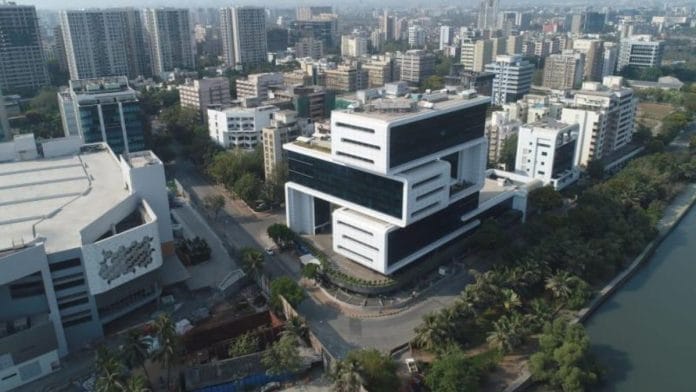Mumbai: In a major shift, the Mumbai Metropolitan Region Development Authority (MMRDA), which implements major transport infrastructure projects in the city, has decided to alter its compensation policy for those who lose houses and businesses to make way for the new roads, flyovers and Metro lines.
The development authority will now offer such project-affected people the option of getting monetary compensation instead of an alternative accommodation, which is not necessarily available in the same neighbourhood as their original dwelling.
With this approach, the MMRDA hopes to minimise project delays due to the time spent in getting project-affected persons on board to vacate their houses and business establishments and accept the alternative accommodation being offered by the MMRDA.
Deputy Chief Minister Eknath Shinde who chaired the authority meeting in which the MMRDA took the decision said, “The policy will allow for efficient resettlement, reducing unnecessary delays in crucial urban infrastructure projects. By offering financial compensation, the MMRDA is moving towards a modern and flexible model that will speed up the delivery of key projects, Sewri-Worli elevated corridor and Metro line projects…”
The MMRDA in a statement said the financial compensation policy will apply to all infrastructure projects being implemented under the larger Mumbai Urban Transport Project, including key works underway such as the Sewri-Worli elevated corridor and the Thane-Borivali twin tunnels.
According to the MMRDA, the ongoing infrastructure projects such as the Sewri-Worli elevated corridor—key in bringing traffic from the western suburbs to the Atal Setu for easier connectivity to the upcoming Navi Mumbai Airport—and the Thane-Borivali tunnel, which will boost connectivity between the western suburbs and Mumbai’s satellite town of Thane, are expected to approximately affect 6,300 individuals.
In the past, several projects such as the Versova-Andheri-Ghatkopar Metro, the Santacruz-Chembur Link Road and the Eastern Freeway have been delayed with the MMRDA taking time to convince the project-affected families to move to alternative tenements being offered by the authority.
Also Read: As Systra & MMRDA face off in HC, what’s the feud between them over Mumbai metro works
The new compensation policy
In Mumbai, the Brihanmumbai Municipal Corporation (BMC) had already adopted this policy of offering financial compensation to project-affected persons in July 2023.
MMRDA’s new compensation model will be the same as the civic body’s.
The financial compensation offered will be based on the ready reckoner rates of the area and the formula will be different for residential and commercial project-affected persons. The approach will also be different for legal residents and commercial space users as against encroachments.
For residential structures, whether legal or illegal, the MMRDA will provide a minimum compensation amount of Rs 25 lakh. Total compensation for illegal structures, meanwhile, will be capped at Rs 40 lakh.
For legal residential and commercial structures, MMRDA will take a maximum area of 1,292 square feet under consideration and make the payment as per 100 of the ready reckoner rate.
For encroachments, whether residential or commercial, MMRDA will offer compensation at 0.75 percent of the ready reckoner rate.
In case of commercial structures, whether legal or unauthorised, financial compensation will be offered for areas up to 225 square feet.
“This policy is designed to ensure that the affected individuals are adequately compensated, thus avoiding further delays and escalating costs associated with litigation and disputes over tenement space,” MMRDA said.
(Edited by Amrtansh Arora)






